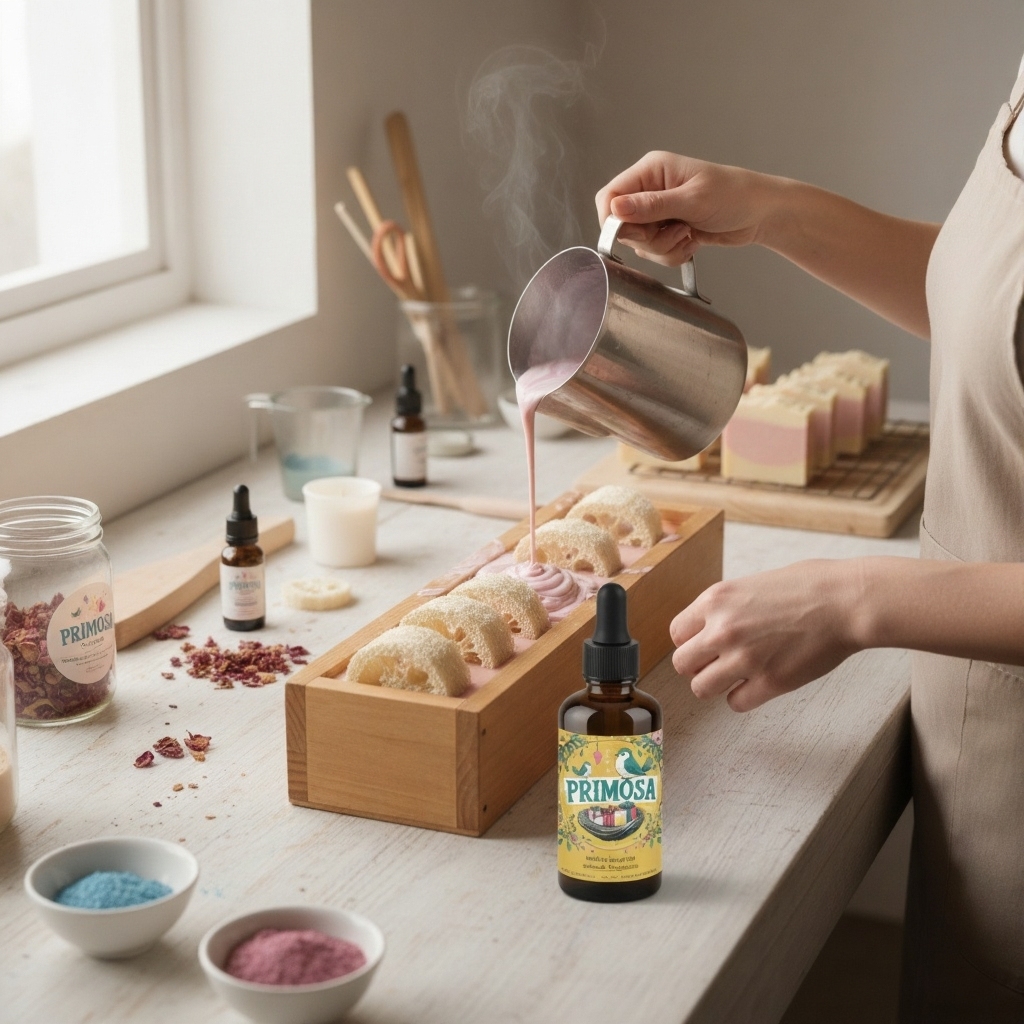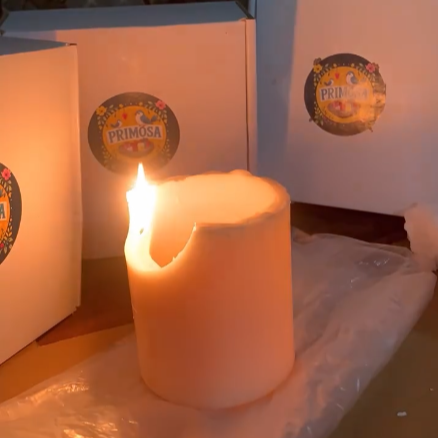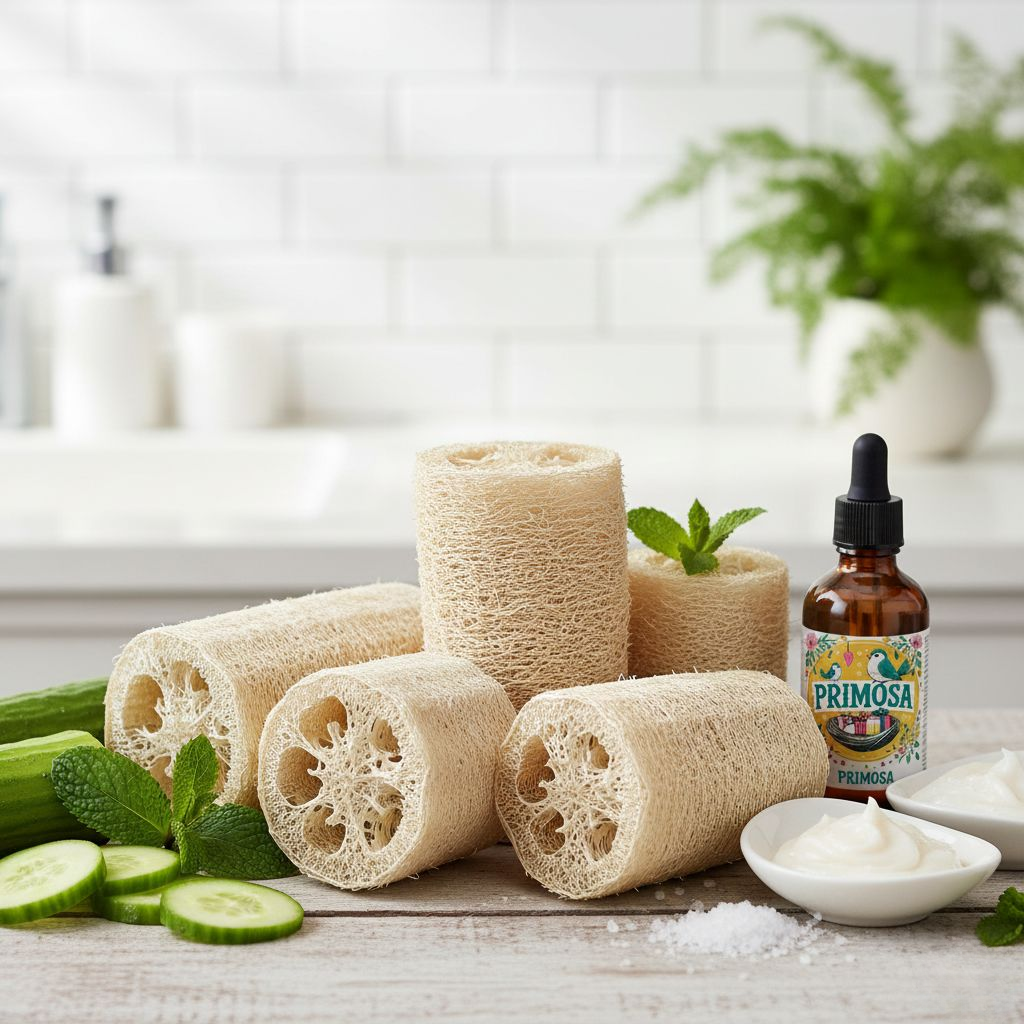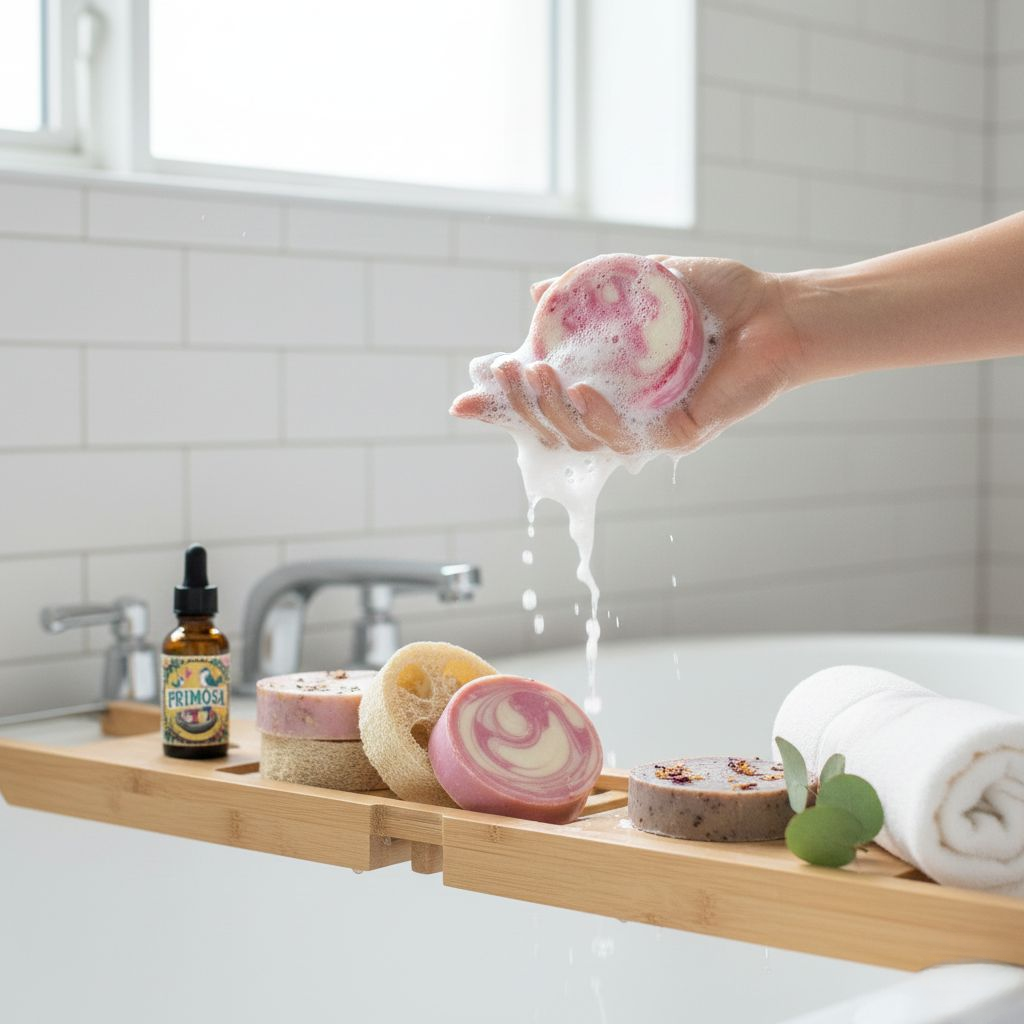
How Natural Loofah Soaps Are Made: The Artisan Process Explained
How Natural Loofah Soaps Are Made: The Artisan Process Explained
Have you ever wondered how natural loofah soaps are created? The process of making these exfoliating soaps is both an art and a science. At Primosa, we take pride in handcrafting natural loofah soaps in our Indore studio, combining traditional techniques with quality ingredients. Let's explore the fascinating journey from raw materials to finished product.
Understanding the Components
Natural Loofah
Natural loofah comes from the Luffa plant, which produces long, fibrous fruits. When these fruits mature and dry, they create a natural sponge-like material perfect for exfoliation. The loofah is harvested, cleaned, and prepared for incorporation into soap.
Soap Base
At Primosa, we use gentle, natural soap bases that are suitable for external use. These bases are carefully selected to ensure they work harmoniously with the loofah fibers while providing effective cleansing.
The Artisan Process at Primosa
Step 1: Loofah Preparation
1. Selection: We source high-quality, natural loofah that's fully matured and properly dried
2. Cleaning: The loofah is thoroughly cleaned to remove any dirt, seeds, or impurities
3. Cutting: Loofah is cut into appropriate sizes - either slices for embedding or smaller pieces for mixing
4. Quality Check: Each piece is inspected to ensure it meets our standards for texture and quality
Step 2: Soap Base Preparation
1. Melting: The soap base is gently melted at controlled temperatures to maintain its properties
2. Temperature Control: Careful temperature management ensures the soap base remains workable without damaging the loofah fibers
3. Additive Mixing: Any additional natural ingredients, fragrances, or colors are carefully blended in
Step 3: Combining Loofah and Soap
There are two main methods we use at Primosa:
Method 1: Embedded Loofah Slices
Method 2: Mixed Loofah Fibers
Step 4: Molding and Setting
1. Mold Selection: We use various molds depending on the desired shape and size
2. Pouring: The loofah-soap mixture is carefully poured into molds
3. Settling: The soap is allowed to cool and set naturally
4. Demolding: Once fully set, the soap is carefully removed from the molds
Step 5: Curing and Finishing
1. Curing Time: Soaps are allowed to cure for proper hardness and longevity
2. Trimming: Any rough edges are trimmed for a polished appearance
3. Quality Inspection: Each soap is inspected for quality, texture, and appearance
4. Packaging: Soaps are carefully packaged, ready for use or gifting
Primosa's Quality Standards
At Primosa, we maintain strict quality standards throughout the production process:
The Art of Handcrafting
What makes Primosa's natural loofah soaps special is the artisan approach:
Attention to Detail
Each soap is created with care, ensuring the loofah is properly positioned and the soap base is perfectly blended. Our artisans in Indore take pride in creating products that are both functional and beautiful.
Customization Options
At Primosa, we can create custom natural loofah soaps for:
Small Batch Production
We craft our soaps in small batches to ensure:
Materials and Tools Used
Essential Materials
Tools and Equipment
Challenges in Production
Creating natural loofah soaps comes with unique challenges:
Temperature Management
The soap base must be at the right temperature - too hot can damage loofah fibers, too cold makes it difficult to work with.
Loofah Integration
Ensuring loofah is properly embedded or mixed without creating air bubbles or uneven distribution requires skill and experience.
Curing Time
Proper curing is essential for soap hardness and longevity, requiring patience and proper storage conditions.
Primosa's Commitment to Excellence
At Primosa, we're more than just a soap manufacturer - we're an artisan studio in Indore dedicated to creating beautiful, functional products. Our natural loofah soaps represent our commitment to:
The Final Product
A finished Primosa natural loofah soap features:
Conclusion
The process of making natural loofah soaps is a careful balance of art and science. At Primosa, we combine quality natural loofah with premium soap bases, handcrafting each product in our Indore studio. The result is an artisan soap that provides effective exfoliation and cleansing while maintaining our commitment to quality and craftsmanship.
Whether you're using our natural loofah soaps for personal skincare or gifting them to loved ones, you're experiencing the care and attention that goes into every Primosa creation.
Keywords: how loofah soap is made, natural loofah soap production, artisan soap making, loofah soap process, Primosa artisan soaps, handmade soap Indore, natural soap crafting, loofah soap manufacturing
Ready to Experience Premium Candles?
Explore our handcrafted collection of soy wax candles, made with love and natural ingredients.



